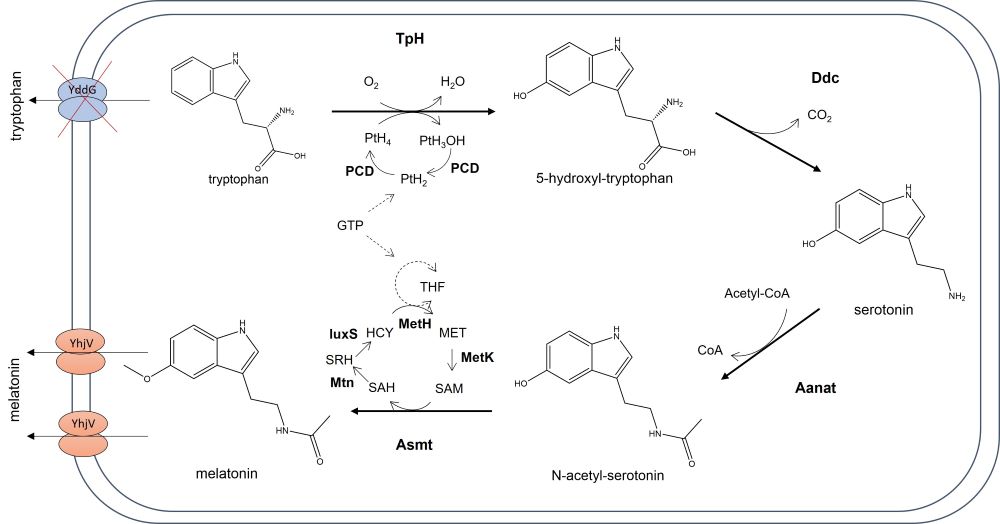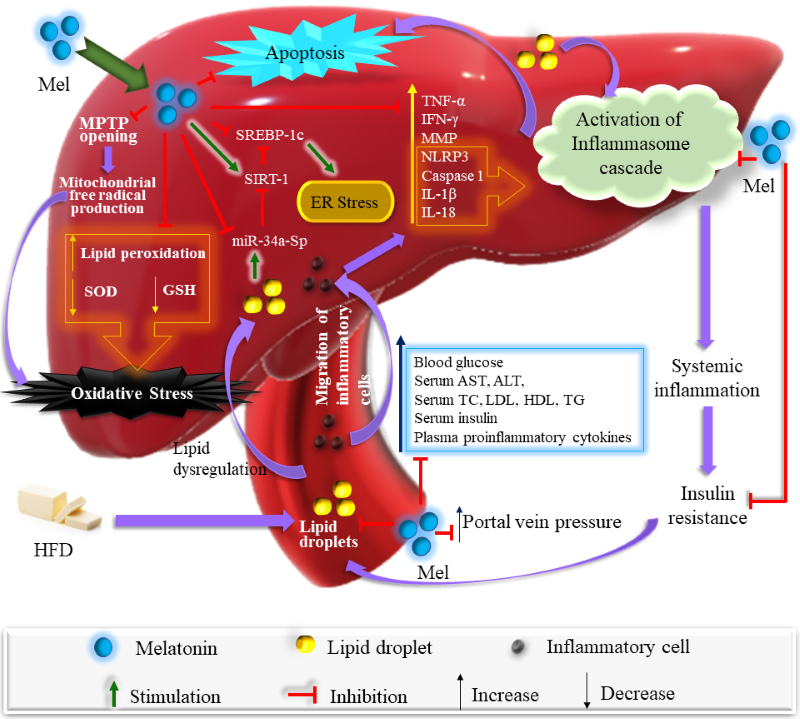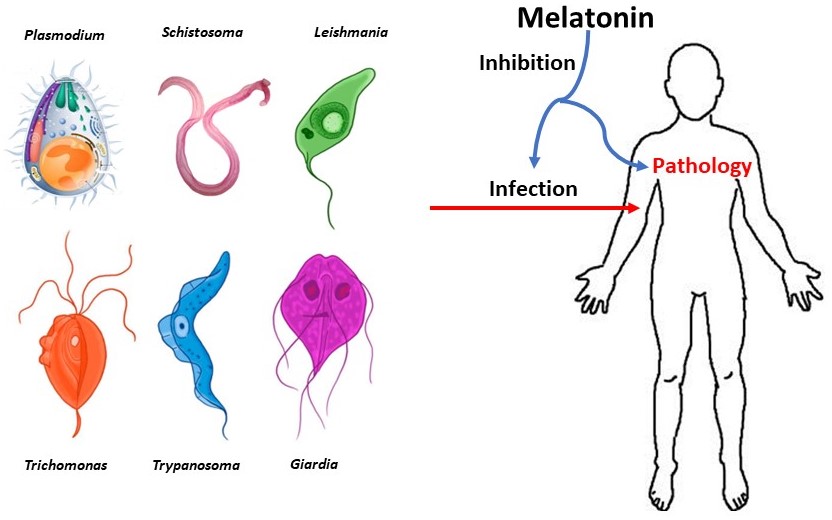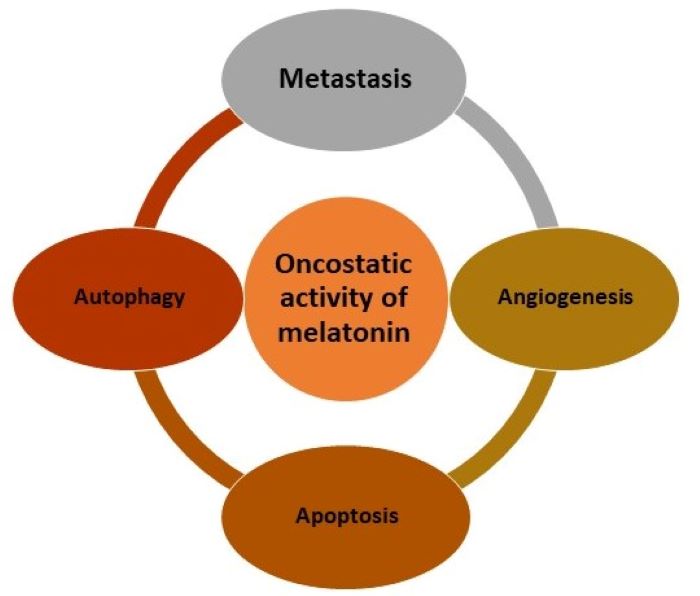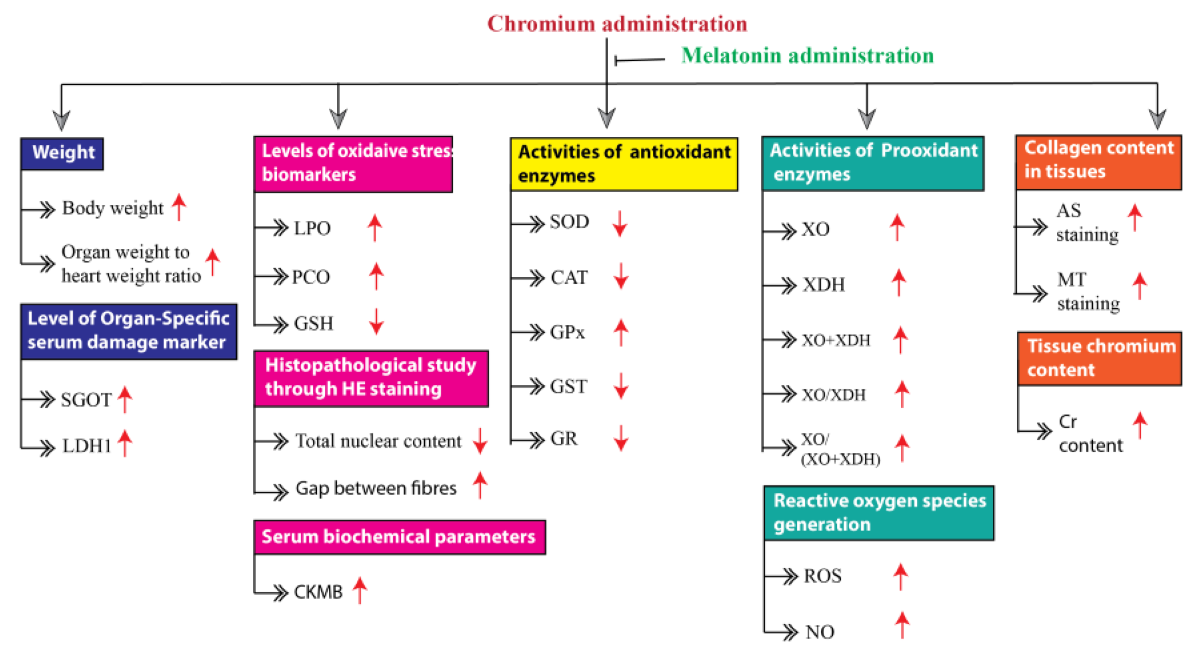
In the current issue, Cárdenas et al. have introduced a new strategy for the use of melatonin to control the tropical parasitic infections including Plasmodium, Toxoplasma, Trypanosoma, Leishmania, Schistosoma and others. The focus is on the antioxidant, anti-inflammatory and immunoregulatory activities of melatonin on the parasitic invasions and their related pathologies. Especially, in malaria, melatonin seems to synchronize the Plasmodium life cycle with the host circadian changes. In animal studies, disrupting its life cycle with melatonin intervention can control the severity of Plasmodium infection. The Trypanosoma infection evolves into chronic Chagas disease, representing a public health problem with grave repercussions in Latin America and other areas of the world. Melatonin treatment augments the levels of TNF-α, IFN-γ, and IL-12 of the host to protect against this parasitic infection. Parasitic diseases still represent a significant burden on health systems worldwide, particularly in low and lower-middle income countries with limited access to sanitation facilities and resources for therapeutic approaches. However, the continuing study of melatonin, as readily available, affordable and fundamentally safe healing option, might help better control these infections.
